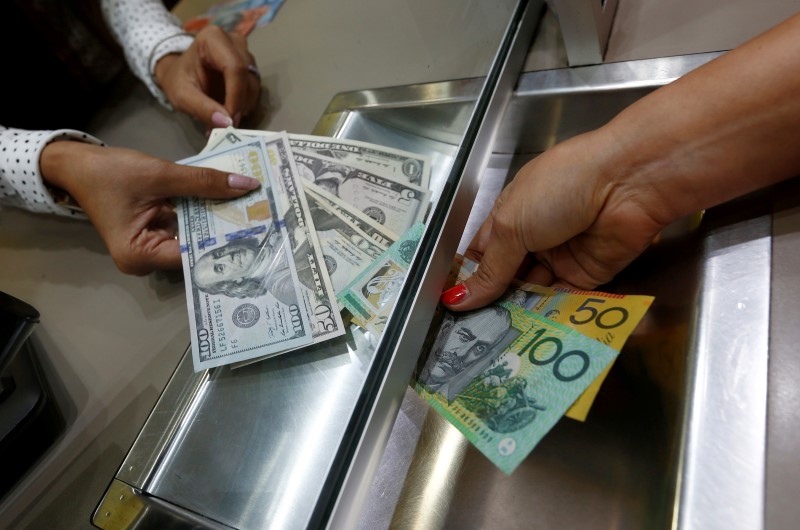By Wayne Cole
SYDNEY/WELLINGTON, Dec 9 (Reuters) - The Australian and New Zealand dollars held huge gains on the euro on Friday after the European Central Bank engineered a steep fall in short-term bond yields that made the single currency the perfect funding choice for carry trades.
The ECB on Thursday announced it would reduce the amount of assets it buys every month but also keep buying for longer and expanded what it could purchase to shorter-dated paper.
That dragged down two-year yields across Europe and sharply steepened the yield curve, a gift for banks that typically borrow short and lend long.
The promise of lower rates for longer was taken as a green light for carry trades, where investors borrow euros at cheap rates to invest in higher yielding currencies.
"This effective and extended easing may make EUR a funding currency of choice and so puts EUR-crosses in focus," said Westpac analyst Tim Riddell.
"On that basis, EUR/AUD, EUR/CAD and especially EUR/NZD will be ideal shorts into any interim rebounds."
The euro had jumped as high as A$1.4510 EURAUD= when the first headlines suggested the ECB was tapering, only to sink as deep as A$1.4194 when it became clear it was doing nothing of the sort. The single currency was last at A$1.4232.
The move was just as violent against the kiwi, falling from a top of NZ$1.5093 EURNZD= to stand at NZ$1.4792 and only a whisker away from a 19-month low.
With the euro dominating, the Aussie was left sidelined on its U.S. counterpart at $0.7453 AUD=D4 , roughly in the middle of the week's $0.7414 to $0.7509 range.
The kiwi fared better holding at $0.7171 NZD=D4 and well above the week's $0.7070 trough thanks to a run of firm data and upbeat comments from the country's central bank.
The ECB's pledge to keep policy loose until inflation rose as desired led to a marked steepening of yield curves globally.
Australian government three-year bond futures YTTc1 dipped 4 ticks to 98.070 while the 10-year contract YTCc1 lost 7.5 ticks to 97.2275. The spread between the two gapped to 85 basis points, the widest since September last year.
Likewise, short-term New Zealand yields rose 2 basis points while the long-end jumped 7.5 basis points 0#NZTSY= . (Editing by Shri Navaratnam)
